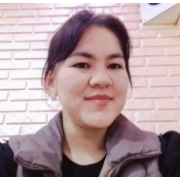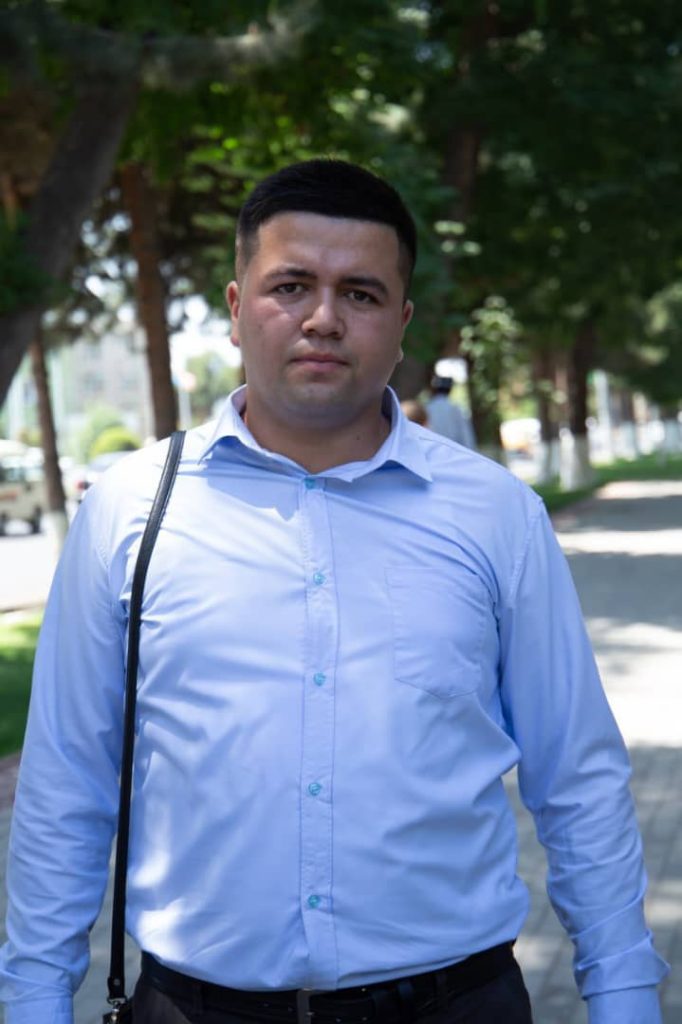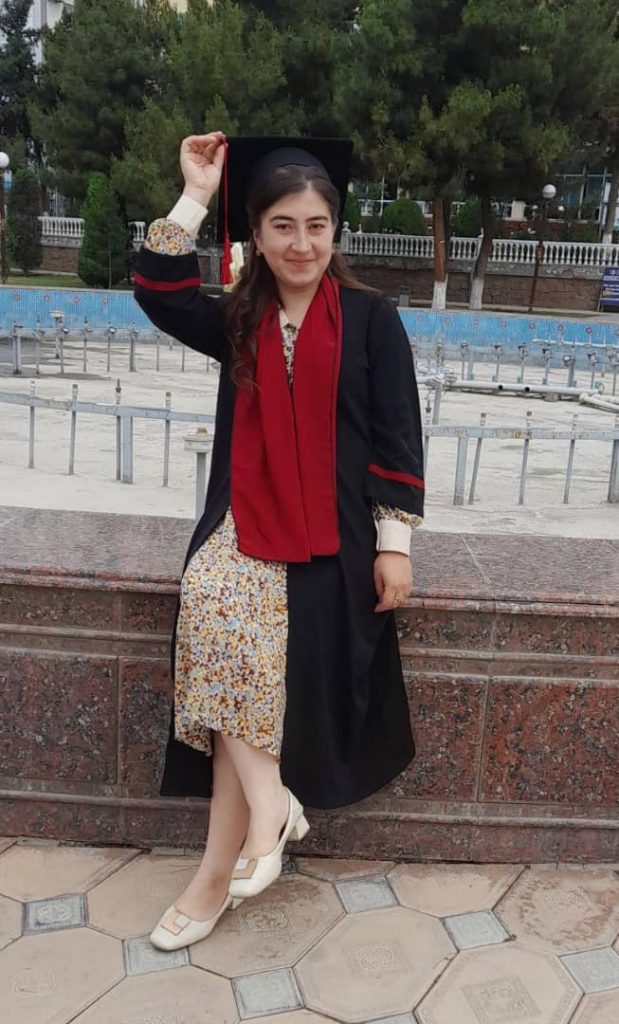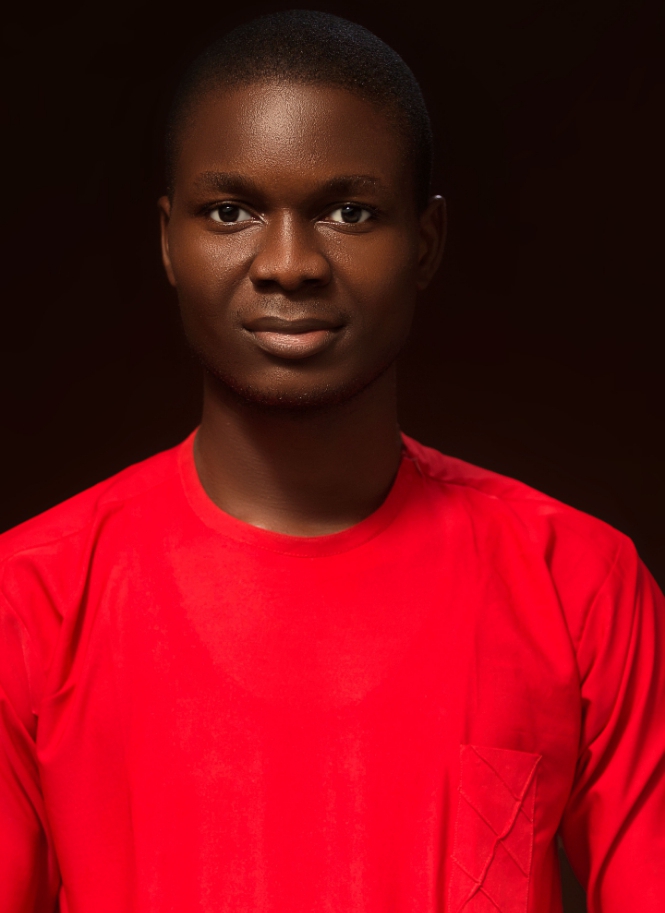Modern Science and Its Role in Society
Scientific Supervisor Abdullajonova Shakhnoza Qudratovna
Kokand University, Andijan Branch, Department of Foreign Languages, English Teacher
Azamova Kumushoy Akramjon qizi
KUAF Elementary Education, Distance Learning, 2nd Year, Student 24.03
Abstract: This article provides a comprehensive analysis of the formation and development of modern science and its role in societal progress. It substantiates that scientific and technological
advancement is a key factor in enhancing economic competitiveness, fostering innovation-driven development, improving the quality of education, and ensuring social well-being across various sectors of human life. Particular attention is given to the impact of globalization and digitalization on scientific research, as well as to the contribution of modern science to addressing contemporary social challenges and shaping the knowledge-based economy.
Keywords: modern science, social development, scientific and technological progress, innovation- driven development, digitalization, globalization, knowledge-based economy.
Introduction
The 21st century is distinguished by the unparalleled importance of science and technology in the development of humanity. Modern science deeply permeates all spheres of societal life, emerging as
a key driving force in ensuring economic growth, social stability, quality of education, healthcare systems, and human well-being. The processes of globalization and digitalization accelerate the rapid
dissemination and practical application of scientific knowledge, shaping a new stage of societal development.
Science is no longer just a collection of theoretical knowledge but also serves as a practical tool aimed at solving societal problems. Innovative technologies, artificial intelligence, biotechnology, information-communication systems, and ecological research are the main directions of modern science, serving to enhance economic competitiveness, create new jobs, and ensure social equality. At the same time, the advancement of science also presents new responsibilities and challenges to society. The rational use of scientific achievements, adherence to ethical norms, and a deep understanding of the interdependence between science and society are of great importance. From this perspective, a scientifically grounded analysis of the role and impact of modern science in society is a relevant issue. The main objective of this research is to comprehensively analyze the impact of modern scientific development on societal progress, determine the socio-economic significance of scientific-technical advancement, and scientifically substantiate the interrelationships between science and society.
Research Methodology
This research process was conducted based on a systematic and comprehensive methodological approach. Qualitative and quantitative analysis elements were integrated to thoroughly study the role of modern science in society. Firstly, the method of scientific literature analysis was applied, studying local and international scientific sources, monographs, scientific articles, and reports of international organizations dedicated to issues of modern science, scientific-technical progress, and societal development. This analysis helped identify the main development directions and theoretical
approaches of science. Secondly, the comparative method was used to compare the impact of science and technology on societal development in different countries and regions. Using examples
of developed and developing countries, the impact of scientific potential on economic growth and social well-being was analyzed. Thirdly, analytical and generalizing methods were employed to
systematize the economic, social, and cultural aspects of scientific-technical progress in society and draw key conclusions. Additionally, the impact of globalization and digitalization processes on scientific activity was separately analyzed. Furthermore, using logical analysis and scientific forecasting methods, the future prospects of scientific development in society were evaluated. The chosen methodology allowed achieving the research objective and conducting an in-depth analysis of the interdependence between science and society.
Review of Literature Used
The literature used in this research illuminates the issue of the impact of modern science on societal development from various perspectives. Analysis of foreign and local sources shows that scientific- technical progress directly influences economic, social, and cultural spheres. UNESCO (2023) and OECD (2022) reports analyze the role of science in sustainable development within the context of globalization and digitalization, serving as a basis for identifying issues of globalization and science integration in this research.
Statistical data from the State Statistics Committee of the Republic of
Uzbekistan (2024) enabled the assessment of the economic and social impact of science at the national level. Scholars such as Freeman and Louçã (2001), Ziman (2000), and Merton (1973) theoretically explain the interdependence between science and society and clarify the impact of scientific achievements on economic and social efficiency. The research by Etzkowitz and Leydesdorff (2000) analyzes the “Triple Helix” model of university-industry-government collaboration, demonstrating the strategic role of science in innovative development. Additionally, R&D Magazine (2022) reports enabled the assessment of countries’ competitiveness by comparing global innovation indexes and scientific capacity indicators. Based on these sources, the research systematically identified the impact of science on economic growth, social stability, and cultural development.
Overall, the literature used not only strengthened the theoretical basis of the research but also enabled a comprehensive analysis of the role and importance of modern science in society. With the
help of these sources, scientific results were compared in international and local contexts, ensuring the scientific validity of the research.
Analysis and Results
The research results show that modern science significantly impacts various aspects of societal development.
- Economic Impact: According to the analysis results, scientific-technical achievements increase production efficiency and reduce costs in enterprises. The implementation of artificial intelligence and
digital technologies serves to create new jobs and stimulate innovative development. Comparative analysis shows that in developed countries, the impact of scientific development on economic growth is significantly higher (20–30% difference) compared to developing countries. - Social Impact: Scientific achievements in biotechnology and healthcare help improve the population’s standard of living and health indicators. The implementation of pedagogical and
educational technologies contributes to improving the quality of education. - Cultural and Ethical Impact: Scientific achievements influence the development of ethical values and cultural norms in society. The processes of globalization and digitalization ensure the rapid
dissemination and practical application of scientific knowledge, which strengthens the scientific capacity of society. The analysis shows that the interdependence between science and society is complex and multifaceted. Science not only ensures economic efficiency and social stability but also contributes to cultural and ethical development. At the same time, the irrational use of scientific
achievements or non-compliance with ethical norms can exacerbate social problems.
Conclusion
The research results show that modern science plays a crucial role in all spheres of societal development. Scientific-technical achievements increase economic efficiency, create new jobs, and
contribute to the development of education and healthcare systems. At the same time, science also influences the formation of cultural values, ethical norms, and ecological responsibility in society. The
research determined that:
· The interdependence between science and society is complex and multifaceted, holding strategic importance for sustainable development.
· The rational use of scientific achievements and their practical application in accordance with societal needs are key factors in ensuring future competitiveness and prosperity.
Overall, modern science is the main driving force of societal progress, and its development holds decisive importance in ensuring socio-economic stability, cultural advancement, and human well-being.
Conclusion
The research results show that modern science plays a crucial role in all spheres of societal development. Scientific-technical achievements increase economic efficiency, create new jobs, and
contribute to the development of education and healthcare systems. At the same time, science also influences the formation of cultural values, ethical norms, and ecological responsibility in society. The
research determined that:
· The interdependence between science and society is complex and multifaceted, holding strategic importance for sustainable development.
· The rational use of scientific achievements and their practical application in accordance with societal needs are key factors in ensuring future competitiveness and prosperity.
Overall, modern science is the main driving force of societal progress, and its development holds decisive importance in ensuring socio-economic stability, cultural advancement, and human well-
being.
References
- Science, Technology and Innovation for Sustainable Development. – Paris: UNESCO Publishing, 2023.
- State Statistics Committee of the Republic of Uzbekistan. Statistical Yearbook of Uzbekistan. Tashkent: SSC Publications, 2024.
- The Impact of Science and Technology on Society. – Paris: OECD Publishing, 2022.
- Freeman, C., & Louçã, F. As Time Goes By: From the Industrial Revolutions to the Information Revolution. Oxford: Oxford University Press, 2001.
- Ziman, J. Real Science: What It Is, and What It Means. Cambridge: Cambridge University Press, 2000.
- Etzkowitz, H., & Leydesdorff, L. The dynamics of innovation: From national systems and “Mode 2” to a triple helix of university–industry–government relations. Research Policy, 2000, pp. 109–123.
- R&D Magazine. Global Innovation Index. New York: R&D World Publications, 2022.
- Merton, R. K. The Sociology of Science: Theoretical and Empirical Investigations. Chicago: University of Chicago Press, 1973.






